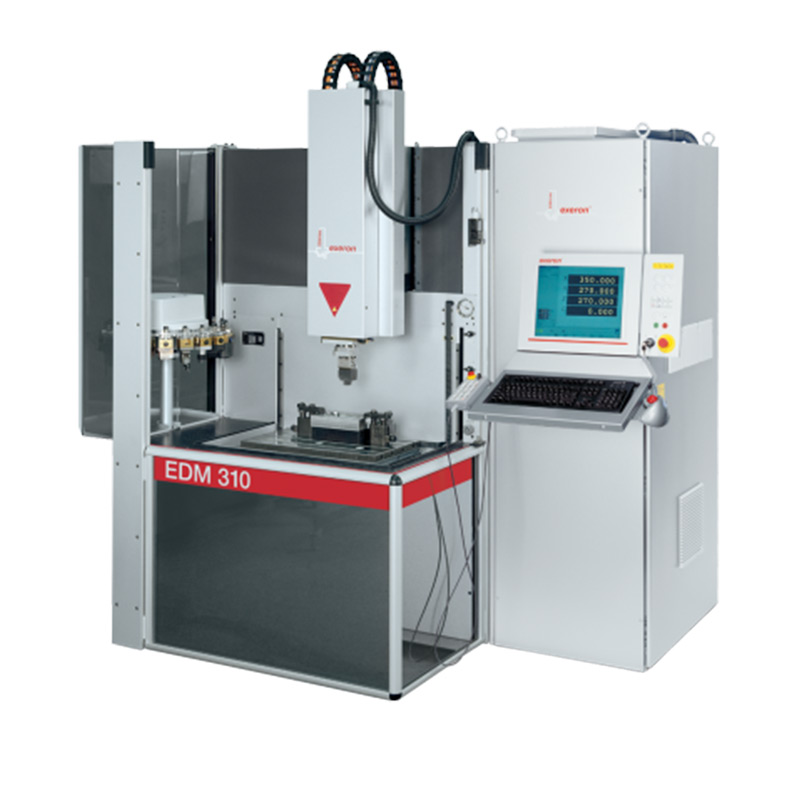drive thru car wash equipment cost
The Costs of Drive-Thru Car Wash Equipment A Comprehensive Analysis
In recent years, the drive-thru car wash industry has witnessed a remarkable surge in popularity. As consumers increasingly seek convenience in their service experiences, drive-thru car washes have emerged as a go-to option for many. However, one critical element that potential operators must consider before entering this lucrative market is the cost of the equipment needed to run a successful drive-thru car wash. This article aims to explore the various factors influencing the cost of drive-thru car wash equipment, potential investment returns, and the implications of choosing quality equipment.
Initial Investment Costs
When establishing a drive-thru car wash, the initial investment is one of the largest financial commitments. The cost of equipment can vary widely based on several factors, including the type of car wash system, the brand of equipment, and the level of automation desired. On average, the total cost for car wash equipment can range from $150,000 to $500,000 or more.
1. Type of System There are mainly two types of drive-thru car wash systems – tunnel washes and in-bay automatics. Tunnel washes are generally more expensive to install and maintain because they involve complex machinery and infrastructure. The price for a new tunnel wash system can start at around $250,000 and go up to $1 million, depending on features. In-bay automatics are more affordable, often costing between $30,000 to $150,000.
2. Brand and Quality The brand of equipment also plays a crucial role in the overall cost. Leading manufacturers of car wash systems may charge a premium for their products, citing durability, performance, and superior customer support. Investing in higher-quality equipment may result in lower maintenance costs and fewer breakdowns, ultimately providing a better return on investment.
3. Automation Level The desire for a fully automated system will also drive up costs. Automated systems that allow for seamless payment processing, advanced wash cycles, and customer notifications require additional investment in technology. High-end automated systems can add tens of thousands of dollars to the overall setup cost, but they can also increase throughput, attracting more customers and increasing profitability.
Operational Costs
drive thru car wash equipment cost

In addition to the initial purchase of drive-thru car wash equipment, operators need to account for ongoing operational expenses. These costs can include
1. Maintenance and Repairs Like any machinery, car wash equipment requires routine maintenance to ensure it operates smoothly. Annual maintenance costs can range from $3,000 to $10,000, depending on the complexity of the equipment and any necessary repairs.
2. Supplies and Cleaning Agents Quality wash solutions, waxes, and sealants add to the overall operating costs. A well-managed supply account can help maintain competitive pricing while ensuring that the car washes remain appealing to customers.
3. Utilities and Liability Insurance Water usage, electricity, and gas all factor into operational expenditures, as well as insurance policies needed to protect against liabilities.
Potential Returns on Investment
While the initial investment and operational costs can be substantial, the potential returns from a well-placed drive-thru car wash can also be significant. An average drive-thru car wash can serve between 50 to 150 vehicles daily, depending on location and demand. With average wash prices ranging from $10 to $20, revenue generation can quickly accumulate, allowing for recouped investments in just a few years.
Conclusion
The costs of drive-thru car wash equipment represent a substantial investment for operators looking to enter this booming market. With initial costs ranging from $150,000 to over $1 million, careful consideration of system type, brand quality, and desired automation level is essential. While ongoing operational expenses further contribute to the financial picture, the potential for a robust return on investment makes the drive-thru car wash sector an attractive option for entrepreneurial individuals. By carefully planning and investing in quality equipment, operators can not only meet the demands of today's consumers but also build a successful business poised for growth in the automotive service industry.
-
Car Wash Equipment – Durable, Efficient, Pro-Grade SystemsNewsNov.10,2025
-
automatic car washing machine price list: Fast ROI, Low CostNewsNov.10,2025
-
Car Wash Tunnel Design for High Throughput, ROI & UptimeNewsNov.10,2025
-
Car Wash Tunnel Design | High Throughput & Low MaintenanceNewsNov.10,2025
-
Automatic Car Washing Machine Price List - Fast ROINewsNov.10,2025
-
Car Wash Tunnel Design: High Throughput, Custom & DurableNewsOct.27,2025




